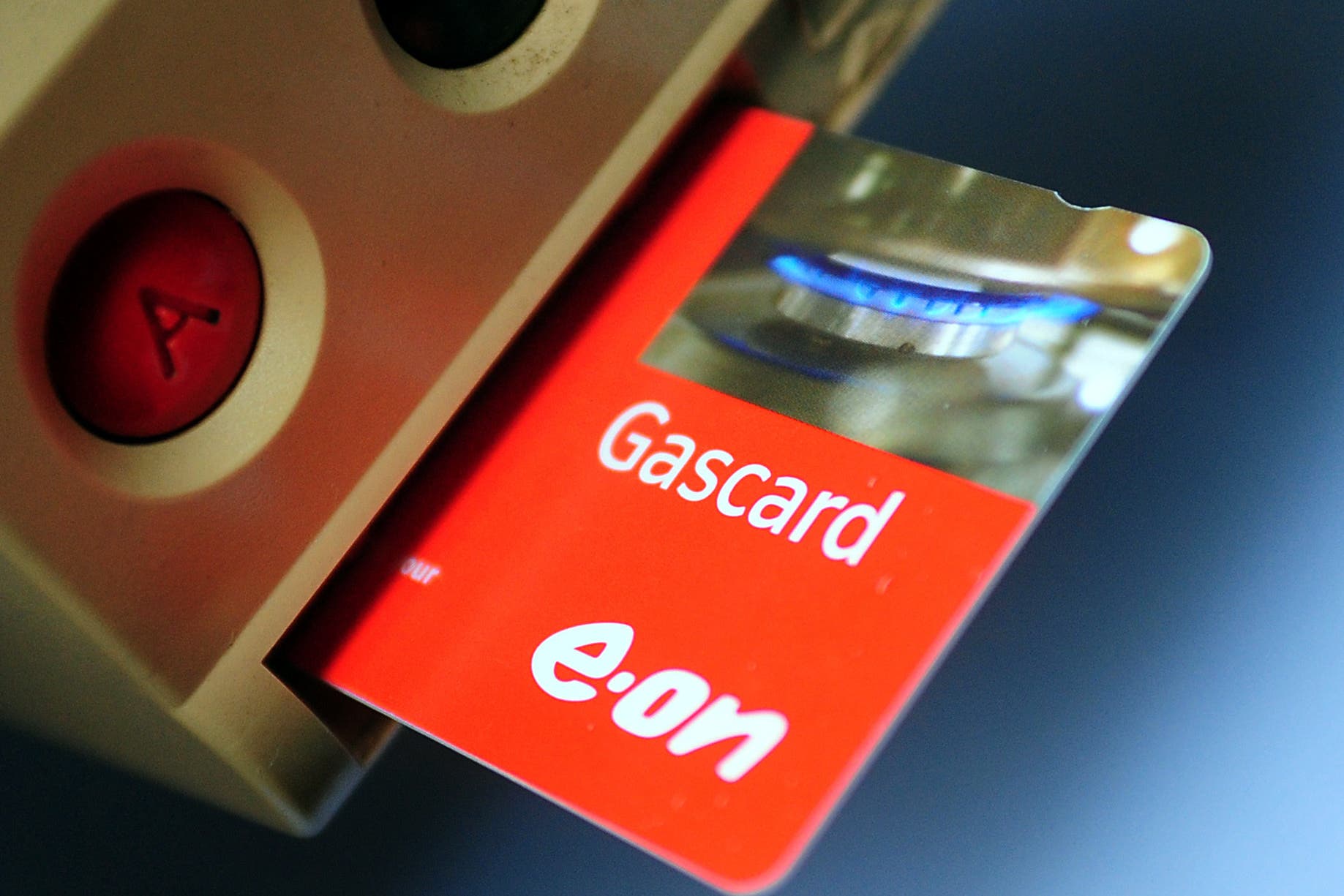Ban pre-payment meter installations through court warrants – campaigners
The End Fuel Poverty Coalition raised concerns that firms were using PPMs ‘as a method of revenue protection’.

Campaigners have called for an immediate ban on pre-payment meter (PPM) installations through court warrants over fears that firms are using them to disconnect indebted customers “by the back door”.
Energy firms’ licence conditions protect many vulnerable people from formal disconnection over the winter, but the End Fuel Poverty Coalition said transferring households on to more expensive PPMs often prompted people in debt to “self-disconnect” and stop using energy.
It raised concerns that firms were using PPMs “more often as a method of revenue protection”.
Self-disconnection is as dangerous as disconnection by any other means, and energy firms need to be alert to the pain they are causing consumers
The coalition suggested that magistrates’ courts could be “rubber stamping” warrants to install meters, noting that freedom of information requests revealed 187,000 applications were made in the first six months of 2022, making it “difficult to believe” they were approved on a case-by-case basis.
Reports suggested firms were switching smart meters from credit to pre-payment mode, forcibly installing PPMs remotely, and failing to follow due process, including assessing households for vulnerabilities to ensure it was safe to install a PPM.
More than 152,000 households with smart meters were switched remotely to more costly PPM plans by their energy supplier last year, according to recent figures from Ofgem, with 60,000 households switched in the past three months alone.
The End Fuel Poverty Coalition is advising customers who are contacted by their energy supplier about a PPM installation to talk to the Good Law Project, which is looking to challenge the transfers.
It called on the Government and Ofgem to ban switching customers to a PPM under warrant and ban switching smart meters to PPM mode without “active, informed, consumer consent”.
We were all encouraged to get smart meters and told they would help us save money. Some people always suspected they would be used for illegal disconnections. They have been proved right
Simon Francis, co-ordinator of the End Fuel Poverty Coalition, said: “Self-disconnection is as dangerous as disconnection by any other means, and energy firms need to be alert to the pain they are causing consumers by switching them to pre-payment meters without their active and informed consent.
“If people don’t keep their homes warm, they are at risk from the severe health complications of living in a cold, damp home, and those who are elderly, disabled or have pre-existing medical conditions are especially vulnerable this winter.”
Ruth London, of Fuel Poverty Action, said: “Imposition of a pre-payment meter is disconnection by the back door. When you can’t top up the meter everything clicks off, regardless of whether you are old, ill, or have a newborn baby.
“Now smart meters are being used to cut people off supply by imposing pre-payment remotely. We were all encouraged to get smart meters and told they would help us save money. Some people always suspected they would be used for illegal disconnections. They have been proved right.
“Pre-payment should be a voluntary option. Imposing it is violent, and in the present situation it is likely to swell the numbers of excess winter deaths.”
Jo Maugham, executive director of the Good Law Project, said: “Utility companies are repeatedly failing their supplier obligations and the customer safeguards that are in place, and are applying to the already overstretched courts for tens of thousands of warrants a month to force their way into people’s homes to fit pre-payment meters.
“This puts people at risk of self-disconnecting and the health risks of cold, dark, damp homes. This is unacceptable and we are exploring legal routes to put a stop to it.”
An Energy UK spokesman said: “Suppliers are required to have exhausted all other options and followed a series of checks before installing a prepayment meter by warrant.
“Prepayment meters have been a way of helping customers monitor and budget for their energy usage but suppliers are very aware of the challenges millions of customers are facing right now. There are difficult decisions around indebted customers as suppliers are also required to try and prevent them falling further into arrears and given that any increase in bad debt will ultimately have to be recouped from customers’ bills.”
An Ofgem spokesman said: “Protecting consumers is our top priority and we recently wrote to all suppliers to ask them to stop the process of remotely switching customers onto PPMs.
“We have also banned PPM installations entirely for the most vulnerable customers and suppliers’ obligations are clear – our Standards of Conduct contain rules that suppliers must treat all domestic consumers fairly and suppliers must make extra effort to identify and respond to needs of their consumers in vulnerable situations.
“We are firmly on the side of consumers and last week our robust and proactive review found 17 of the largest domestic energy suppliers need to do more to help vulnerable customers this winter and beyond.”
Bookmark popover
Removed from bookmarks